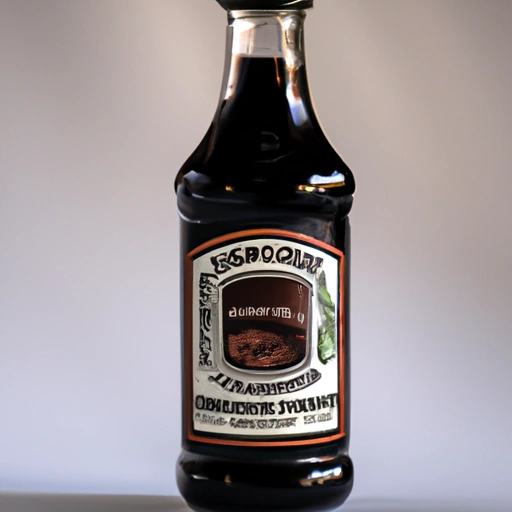Worcestershire Sauce
Description

Worcestershire sauce is a complex, savory liquid condiment with a tangy, slightly sweet flavor profile, often used to enhance various dishes. Originating in England, this sauce has become a staple in many kitchens across the globe, adding depth to sauces, marinades, and even cocktails. Traditional Worcestershire sauce is fermented and typically contains a blend of vinegar, molasses, sugar, salt, anchovies, tamarind extract, onions, garlic, and various spices. It is available in both liquid and concentrated powder forms and is measured in fluid ounces (fl oz) or milliliters (ml) in American and European recipes, respectively.
Common uses
Worcestershire sauce is frequently used as a seasoning, a quick marinade, or as a key ingredient in more complex sauces and dishes. It brings an umami-rich kick to meats, gravies, and dressings, and can be found in snack foods, Bloody Mary cocktails, and caesar salads.
Nutritional value
Calories
Typically, one teaspoon (5 ml) of Worcestershire sauce contains about 5 calories.
Protein
It contains trace amounts of protein, primarily from the anchovies.
Fat
Worcestershire sauce is generally fat-free.
Carbohydrates
It consists of about 1 gram of carbohydrates per teaspoon, mostly from sugars and molasses.
Vitamins
Some brands may contain small amounts of vitamins, such as vitamin C or B-vitamins from the tamarind and other natural ingredients.
Minerals
It contains minor amounts of minerals like sodium; a single teaspoon can have approximately 65 milligrams of sodium.
Health benefits
Though consumed in small quantities, Worcestershire sauce can contribute to flavor without adding significant calories. The anchovies provide omega-3 fatty acids, and the spices may offer various antioxidants.
Potential risks
Due to its high sodium content, excessive consumption of Worcestershire sauce may not be advisable for those watching their salt intake. Additionally, it contains anchovies, which are a potential allergen for some individuals.
Common recipes
It's a key ingredient in the classic Caesar salad dressing, beef stews, barbecue sauces, marinades for steaks, and the famous Welsh rarebit.
Cooking methods
Worcestershire sauce can be used in sautéing, grilling, and braising. It's also frequently added at the end of cooking to maintain its flavor profile.
Pairing with other ingredients
It pairs well with beef, pork, fish, and vegetables. The sauce is also a popular seasoning for snack foods like cheese on toast and in beverages like the Bloody Mary cocktail.
Summary
Worcestershire sauce is a versatile condiment cherished for its ability to enhance the flavor of a wide variety of dishes. With its rich history and global appeal, it's a small but mighty ingredient in the culinary world, beloved for its unique blend of savory, sweet, and tangy tastes.